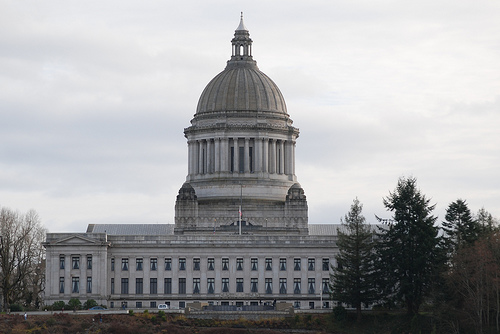Another state budget forecast due this week is predicted to have even worse news for state budget writers. The legislature still has not officially delayed Initiative 1029, even at a price tag of $1,000,000 per month.
In an article published on March 5, Erik Smith of the Washington State Wire was fairly blunt, calling the staying power of the initiative ”an astonishing survival story.” Even though Governor Gregoire has repeatedly said there is no money to implement the initiative, the power of the union-backed $50 million+ plan is formidable.
“Its staying power might be the envy of any interest group in Olympia,” says Smith.
Indeed. Private Duty has long opposed the initiative which would place an undue burden on private duty home care agencies and other providers with excessive training, testing, and certification requirements. Private duty has long supported reasonable enhanced training standards such as the bill that nearly passed the legislature in 2007 that would have required 35 hours of training.
In his article, Smith quotes a union home care worker from Lacey who claims the training is needed because workers need a “career pathway” that could lead them to more advanced positions in the medical field. “This is really an important way to keep them in our field,” she says.
Pretty astonishing statement. Apparently this union worker has never been exposed to the existence of the NA-C (nursing assistant-certified) certification, or LPN (Licensed Practical Nurse) or RN degree programs.
In an era when vital state services are being cut left and right, I-1029 needs to be delayed again, and delayed now. A delay until January 2014 will give all stakeholders, not just the union, time to craft a reasonable and workable alternative, and one which the battered finances of Washington State can afford.
The union is apparently not taking a “wait and see” approach, however. In his January 27th posting, Erik Smith warns that the union may launch a new initiative campaign, one that would restore the I-1029 cuts but could cost the state up to $100 million.






